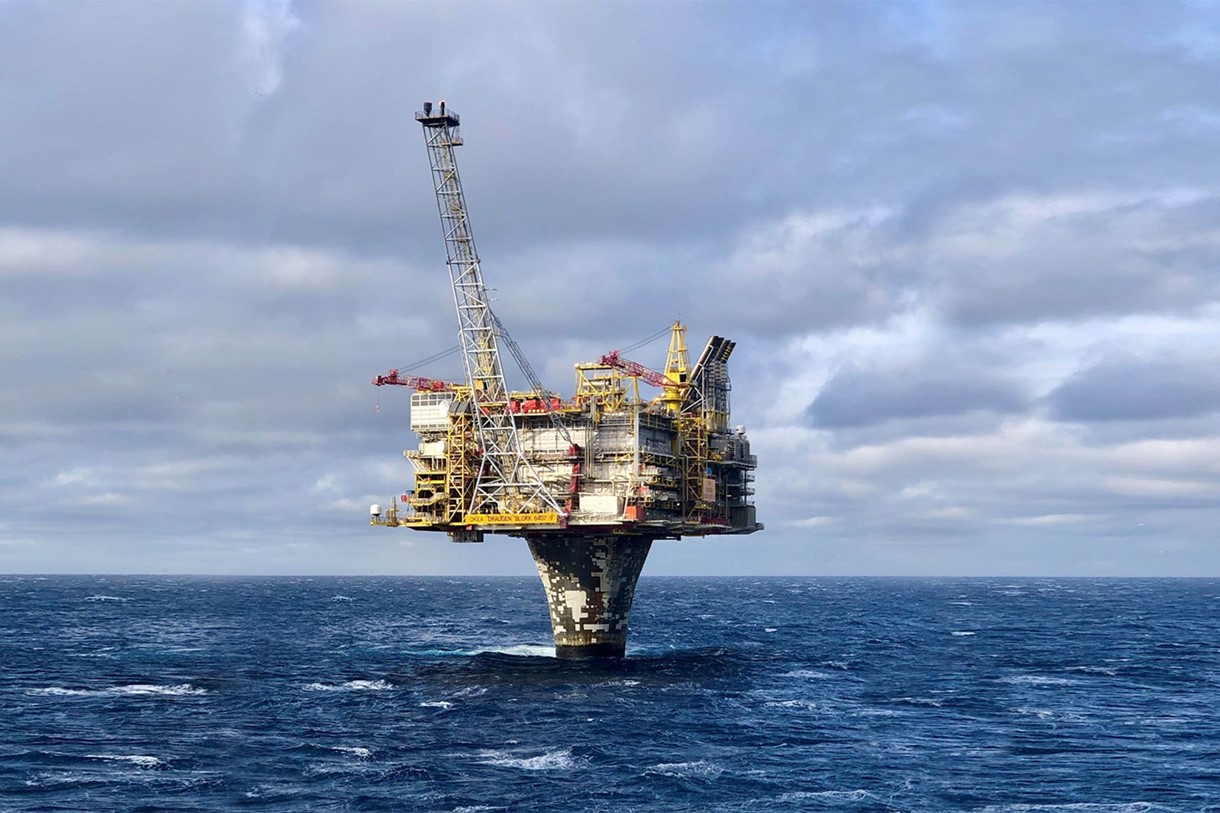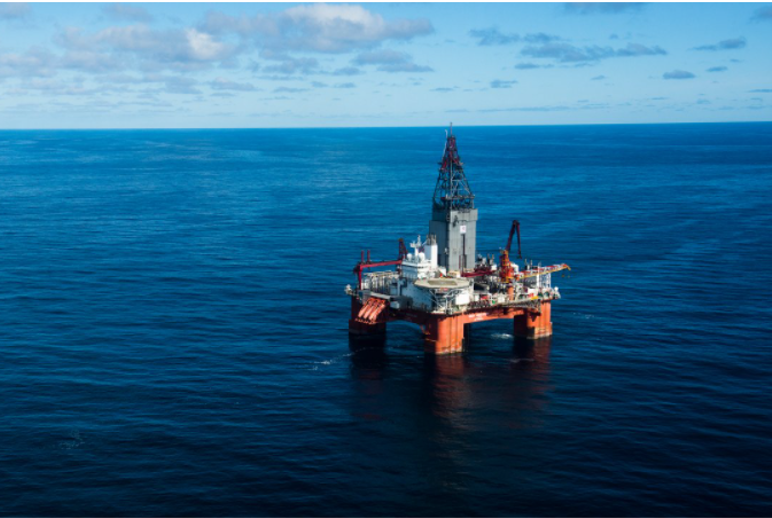“Denmark will end all new oil and gas exploration in the North Sea, as part of a wider plan to stop extracting fossil fuels by 2050,” BBC reports. The decision will cost Denmark about £1.1bn, according estimates by the energy ministry.
“This decision will resonate around the world,” Danish climate minister Dan Jorgensen said.

NOT!
Let’s have a look at the numbers.
Denmark’s oil production averaged 103,000 BOPD (0.103 MMBopd) in 2019 from 20 fields. As of October this year, production was down to 71,500BOPD, the Halfdan field being the biggest producer with a mere 28,600BOPD.
Denmark also produced 3.2 billion cubic metres of gas in 2019 (equivalent to 55,000BOEPD).
In comparison, total world oil production was 95 MMBopd, according to BP Statistical Review of World Energy 2020. With the UK having left the EU, Denmark shows up as the EU’s biggest producer.
In other words, Denmark’s oil production accounts for one per mille of world oil production.
While BP estimates Denmark’s oil reserves in the order of 400 MMBO, the Danish Energy Agency has assessed “yet to find” resources, or – what it calls Prospective Resources. As of August 2018, prospective resources were estimated at some 200 MMBo and 55 MMBoe of gas.
Denmark’s yet to find oil could therefore possibly sustain world oil production for two days.
Based on that, there is absolutely no reason that Denmark’s decision will have any effect on reducing the world’s CO2-emissions.
Instead, it may have a psychological effect on nearby countries to re-think and justify their petroleum exploration policies, as already seen by this response from Norsk olje og gass (at 51.03, in Norwegian).
HALFDAN CARSTENS





